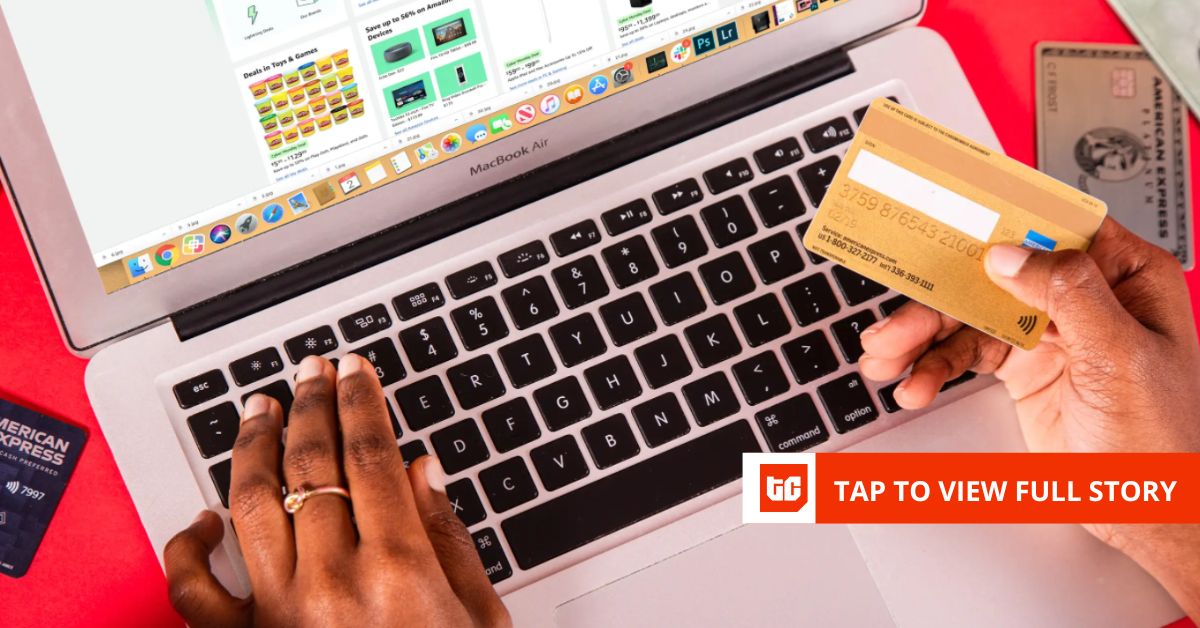Not long ago, physical cash was the only viable payment method across Africa. Today, the continent is transforming how money moves, driven by local innovation, growing digital infrastructure, and a new generation of businesses building solutions that connect markets and create opportunity.
Africa isn’t just catching up in digital payments; it’s leading in it. Mobile money, which has expanded financial access to millions globally, is rooted in Africa. In 2024, the continent was home to 1.1 billion out of the world’s 2.1 billion registered mobile money accounts, contributing to over 65% of the total $1.68 trillion transaction value.
We’ve also seen rapid growth in Instant Payment Systems (IPS). In 2017, Africa had just two IPS networks. By 2024, this number increased to fourteen, processing more than a trillion dollars in transactions in 2023 alone. These are impressive milestones. But despite this progress, our payment landscape remains fragmented. The very innovation that powers local ecosystems is also creating disconnected systems, especially when it comes to cross-border access.
Financial access still tends to cluster in urban centres, leaving rural and peri-urban populations underserved. Rather than expanding access, we risk deepening access for those already included.
Making cross-border payments seamless, affordable, and secure is still a work in progress. Much of Africa’s digital payment success stems from strong local or regional systems, but many don’t talk to each other. This lack of interoperability is a major barrier to scaling intra-African trade and enabling broader economic participation.
Cross-border payment interoperability is the next frontier. It’s the foundation needed to power the African Continental Free Trade Area (AfCFTA) and other regional harmonisation efforts. When done right, it allows buyers and sellers across borders to transact as easily as if they were in the same market.
So, what’s holding us back? Africa’s financial landscape is diverse and complex, with 54 countries, over 40 currencies, and hundreds of payment methods. For global businesses, this often results in friction, such as operational delays, liquidity challenges, and regulatory uncertainty. Even with strong platforms like ours at Flutterwave, where we operate in 35+ countries and engage with a wide range of partners, there are still foundational issues to solve.
One of the most critical is identity. Knowing who is sending or receiving money isn’t just a regulatory requirement; it’s essential to building trust and securing transactions. Without widespread access to digital identity systems, we cannot deliver scalable, inclusive financial solutions.
Equally important is liquidity, especially in cross-border B2B payments. African businesses often struggle with currency mismatches, dollar shortages, and delayed settlements. Embracing new technologies such as stablecoins and blockchain infrastructure through industry efforts like the Circle Payment Network can unlock faster settlements and greater predictability. This isn’t just about merchants, it’s about everyday people, too. Think of the diaspora sending money home with lower fees and faster delivery. That’s real impact.
Credit data is another essential pillar requiring urgent attention, especially for small and medium-sized businesses, who will benefit the most from convenient capital access to grow their business. The absence of comprehensive and accessible credit information often limits their ability to secure loans and expand their operations.
Of course, none of this works without the right regulatory environment. The positive news is that many African regulators are leaning into exploring and, in some cases, guiding the development of blockchain and other emerging tools. However, the lack of harmonised regulation across countries remains a hurdle. For businesses, this leads to higher compliance costs and slower expansion.
Ultimately, no single player can solve this alone. The future of digital finance in Africa lies in collaboration between fintechs, banks, regulators, telecom operators, and global networks. We need a “network of networks” model where platforms interoperate, not compete for control. This is how we drive practical innovation, scale adoption of tools like stablecoins, and most importantly, serve the real needs of people and businesses across Africa.
_________
Omosalewa Adeyemi is the seasoned EVP of Global Expansion & Payment Partnerships at Flutterwave. With over a decade of leadership, she’s spearheaded expansion into 20+ countries, securing 30+ financial partnerships and 50+ payment integrations. Her expertise in financial analysis, risk management, and process optimization drives Flutterwave’s global growth and seamless financial inclusion.
Mark your calendars! Moonshot by is back in Lagos on October 15–16! Join Africa’s top founders, creatives & tech leaders for 2 days of keynotes, mixers & future-forward ideas. Early bird tickets now 20% off—don’t snooze! moonshot..com










